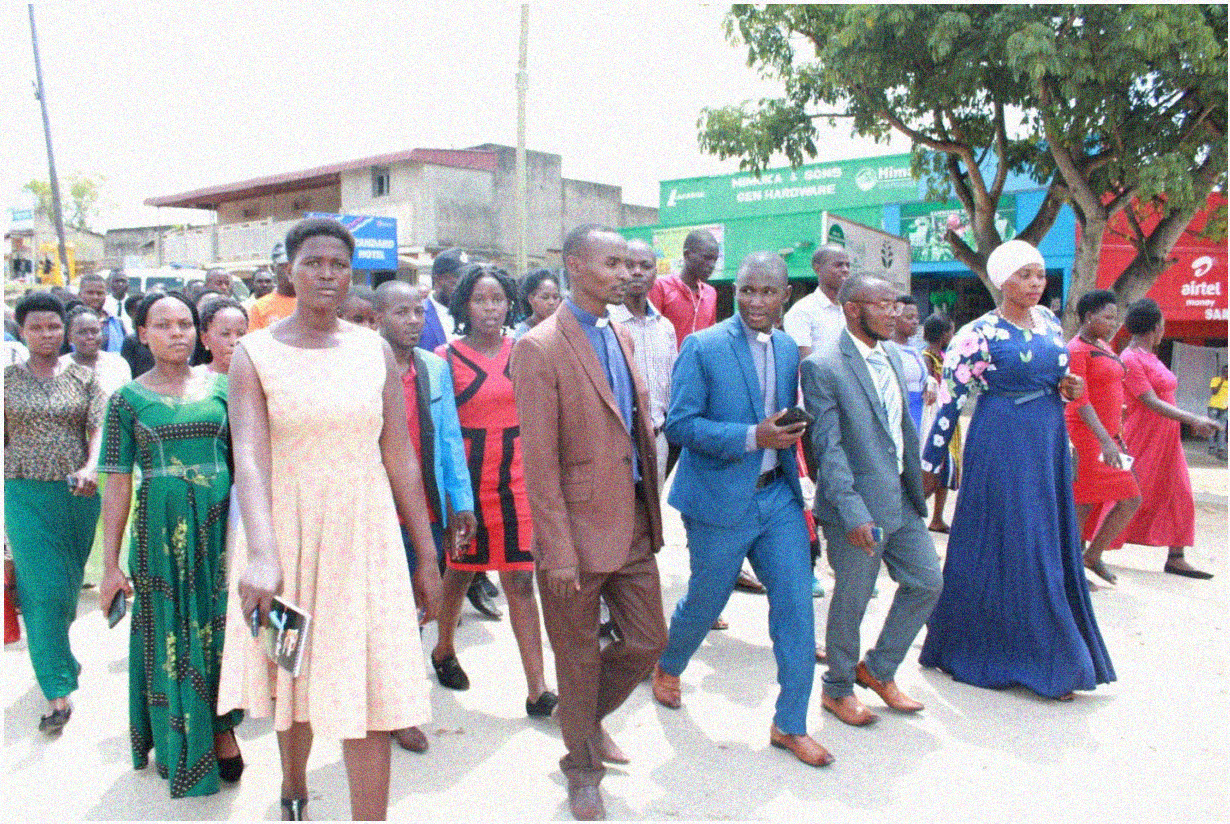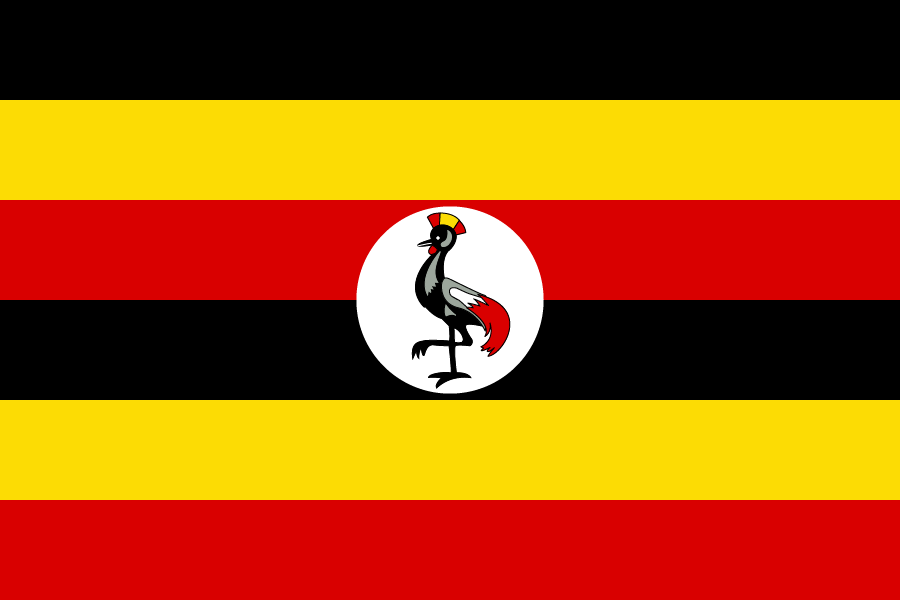CASE STUDY 5
Faith-based Advocacy for Climate Change Adaptation and SRHR
Uganda

Context
In Uganda, women farmers comprise a significant portion (72%) of the agricultural workforce compared to men. They depend on land for their livelihood. Despite being the main food producers, cultural norms restrict their ability to own land. Women’s health and security are further impacted as a result of the effects of climate change in the region, including droughts, floods, changing rainfall patterns, and conflicts from climate-induced migration. This includes violations of their sexual and reproductive rights via gender-based violence (GBV) and limited access to modern contraceptive services and methods.
Organization
Western Uganda FBO Network (WUFBON) was formed in 2012 by the Roman Catholic Church, the Church of Uganda, and other Christian organizations with 82 faith-based member organizations.
Approach
With support from Panorama and 128 Collective, WUFBON set out to empower young people in western Uganda with knowledge about the linkages between climate change, poverty, and sexual and reproductive health based on the experiences of community members they relate to. They integrated climate change knowledge with a comprehensive sexuality education (CSE) curriculum which covered topics such as sexuality, sensuality, gender identities, and gender expression.
The project linked youth participants with Village Savings and Loans Associations (VSLAs), which enable young people access to financing to support trade and business initiatives. About 50 VSLAs were formed in Kyenjojo district, where WUFBON operates. The VSLAs enabled young women to save money and access loans from their savings groups as needed, including procuring contraceptives from local pharmacies and clinics. The VSLAs also organized weekly meetings where participants discussed SRHR, climate change, and community development issues.
The project also used community theater performances, radio shows, music and dances, and traditional poetry to entertain, inform, and educate community members on the complex issues of climate change and SRHR. This combined education and entertainment approach was integrated into schools' inter-house and inter-religious forums to educate children on climate change across primary schools in the Kyenjojo district.
Results
The district local government office accepted the recommendation to include SRHR issues and efforts to mitigate climate change in their nutrition action plan.
The district prioritized and funded implementation for contraceptive services 2023 - 2027.
The district agreed to set aside June as a month to promote SRHR, climate action, dialogue, and awareness about the role of men in the resolution of domestic violence and ending harmful practices such as child marriages.
In their VSLA program, they reported 450 VSLA women members received SRHR education and modern contraceptive services.
In total, they have reached 33,000 participants with knowledge about climate change and SRHR.
Their edutainment approach has been integrated into schools' inter-house and inter-religious forums on climate change across primary schools in the Kyenjojo district.
Sources: Key informant interview with Atuhaire Moses
PDF Innovative Approaches to Addressing Climate Change Impacts on Sexual & Reproductive Health: Case Studies from Around the World


